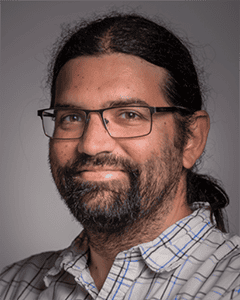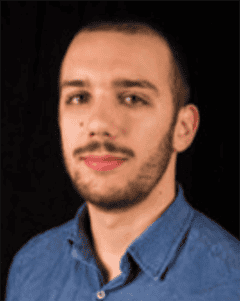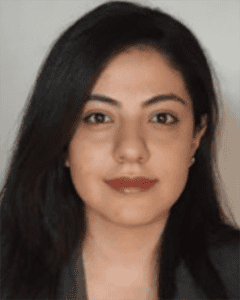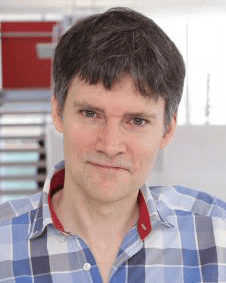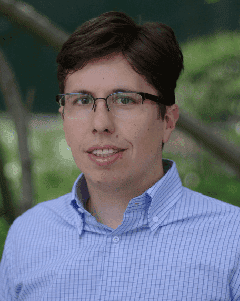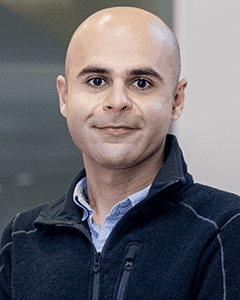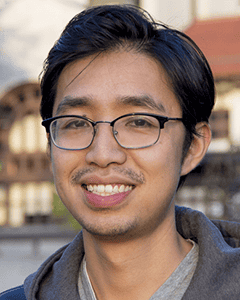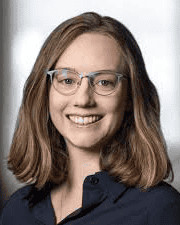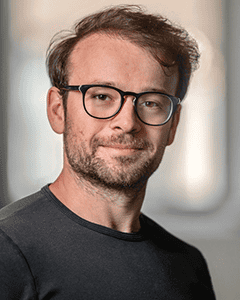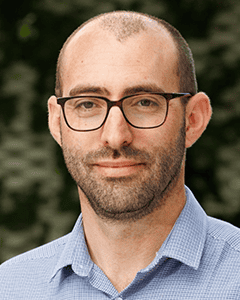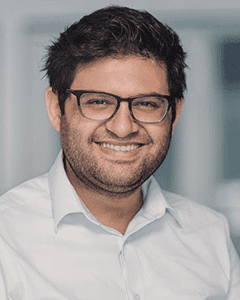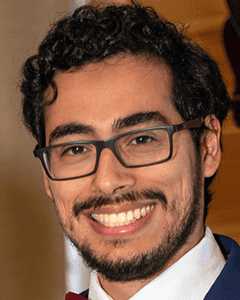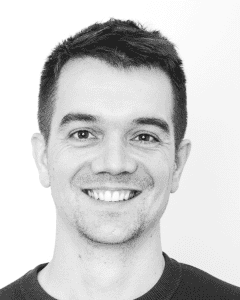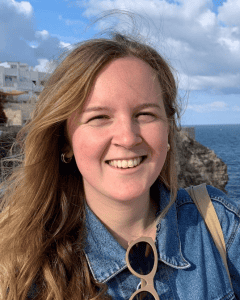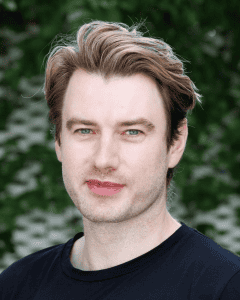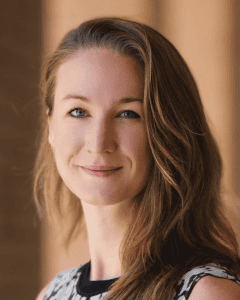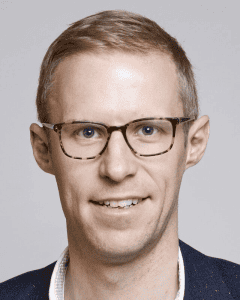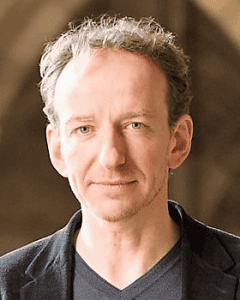Keynote Lecture: David Poeppel
Thursday, August 14, 8:30 – 9:30 am, Room A0.01
Overflow Rooms A1.02, A1.03, C1.03
Rhythms and Algorithms: From Vibrations in the Ear to Abstractions in the Brain
David Poeppel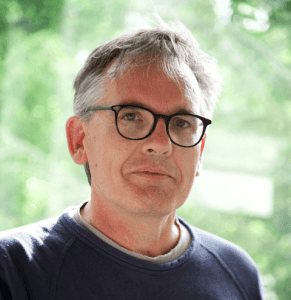
Max Planck Society and New York University
The brain has rhythms - and so do music and speech. Experimental work reveals that the temporal structure of speech and music and the temporal organization of various brain structures align in systematic ways. The role that brain rhythms play in perception and cognition is vigorously debated and continues to be elucidated through neurophysiological and computational studies of various types. I describe some intuitively simple but surprising results that illuminate the temporal structure of perceptual experience. From recognizing speech to building abstract mental structures, how the brain uses time to construct and represent perceptual and cognitive representation reveals unexpected puzzles, including in the context of auditory perception and language comprehension.
David Poeppel is a Professor of Psychology and Neural Science at NYU since 2009 and a Director in the Max Planck Society from 2014-2025. Trained at MIT in cognitive science, linguistics, and neuroscience, David did his post-doctoral training at UCSF. From 1998 until 2008, he was a professor at the University of Maryland College Park, where he ran the Cognitive Neuroscience of Language laboratory. From 2014-2021, he was the Director of the Department of Neuroscience at the Max Planck Institute for Empirical Aesthetics in Frankfurt. From 2021-2024, he was the CEO of the Ernst Strüngmann Institute for Neuroscience in Frankfurt. He has been a Fellow at the Wissenschaftskolleg zu Berlin and The American Academy Berlin, and a guest professor at many institutions. He is a Fellow of the American Association for the Advancement of Science and a member of the German Academy of Science Leopoldina. David’s research focuses on the brain basis of language, speech, and hearing, and his empirical and theoretical contributions have contributed to a deeper understanding of the links between neurobiology and cognition.
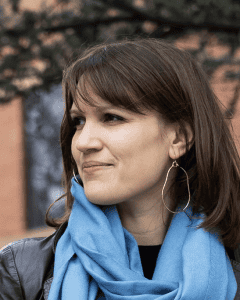 Ellie Pavlick, Brown University
Ellie Pavlick, Brown University